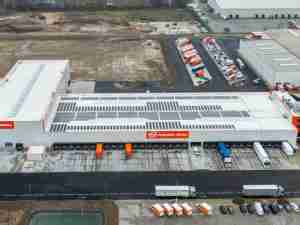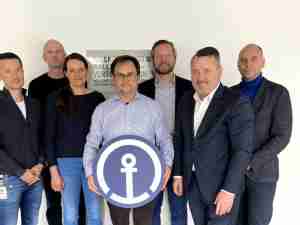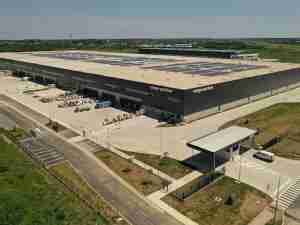It is easy to see the similarities between these two regulations for ocean and air cargo transport. In response, there have been an increasing number of concerned discussions about the growing number of regulations.
Still the industry has been slow to act. For example, in regard to the TSA requirement for cargo flown on passenger aircraft, only approximately 20 freight forwarders in the US have been recognized by the TSA as Certified Cargo Screening Facilities although there are an estimated 900 to 1000 such businesses in the Houston area alone.
Mike Middleton, President of Atlas Freight Systems, one of the certified forwarders, gives advice to the industry, "This is a paradigm shift for our industry. Movement of freight now entails the creation of secure supply chains and management of more information than has ever been required in the past. Those who are late to the table stand to lose a lot."
In regard to US-bound ocean shipments, Atlas also has a solution to comply with the ISF '10+2' ruling for ocean shipments using software provider IES, Ltd. Ray Baliatico, Sr. VP of Development at IES offers his insight, 'Both history and industry dialogue have indicated that fighting the regulations will not be effective. It appears that the regulations will go into effect on schedule. The general consensus points to the application of technology as the best way to comply with regulations. We would advise that the industry should get on board with a technology provider now to 'hit the ground running' when the rulings go into effect.'





_-_28de80_-_d88095865f9f1cbb4ecdd37edf61c63efd603428_lqip.png)

